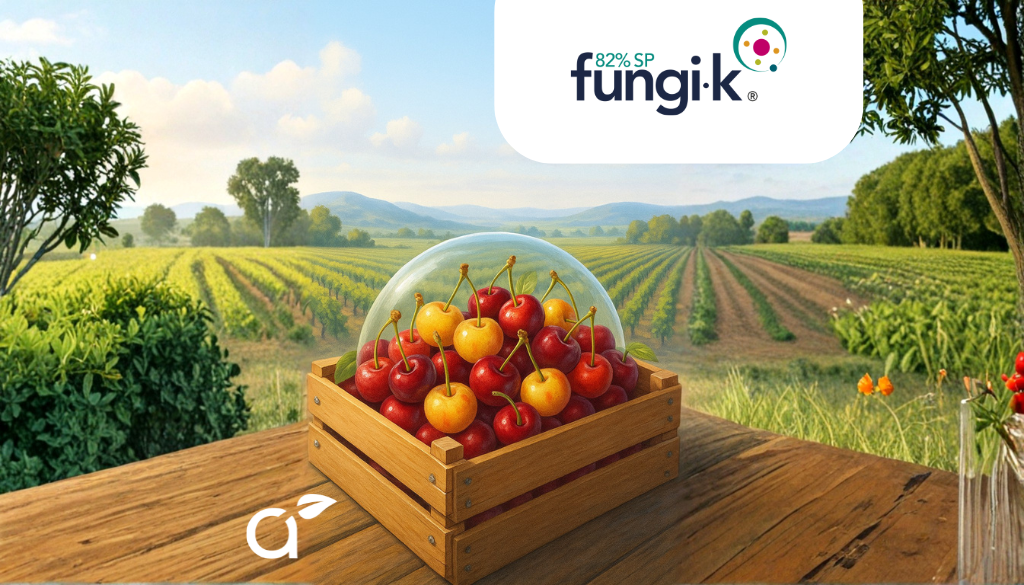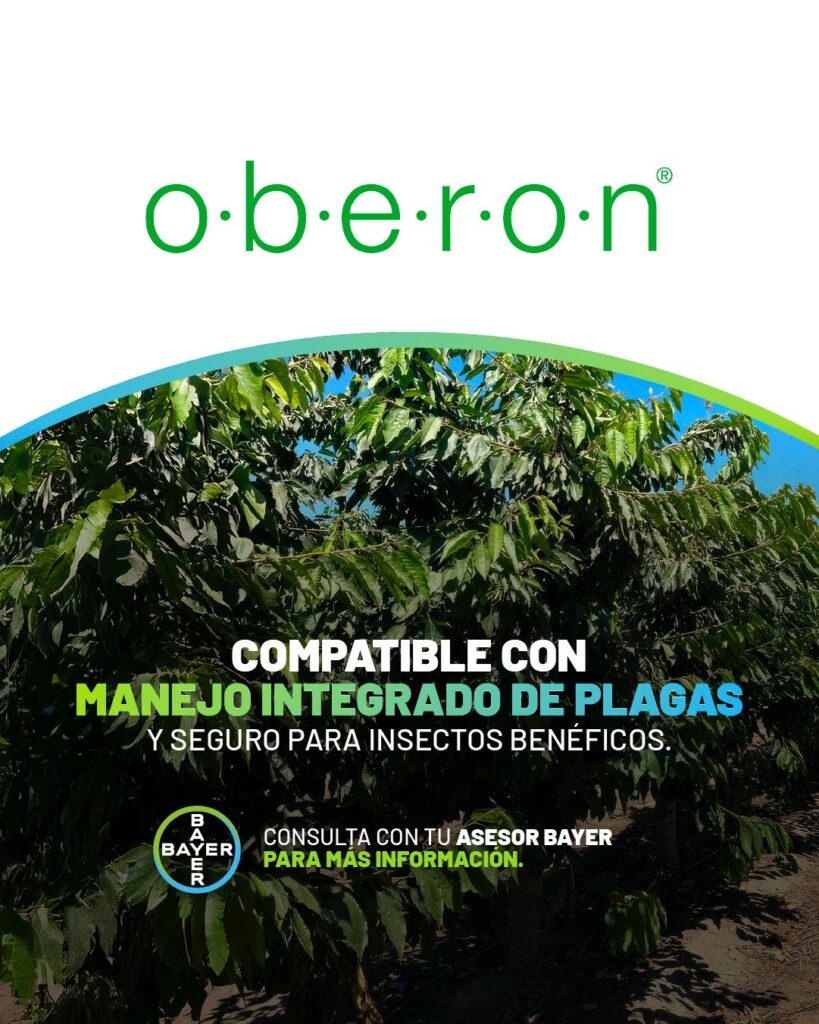The product developed by the Catholic University of Maule, with the support of the Foundation for Agrarian Innovation, promotes the circular economy by producing a bioplastic from agro-industrial waste.
According to the study “The Plastic Waste Makers Index”, prepared by the Australian association Minderoo Foundation, Chile is the country that throws away the most plastic waste in Latin America, with an average of 51 kilos of these single-use items per person. In this context, the Catholic University of Maule, with the support of the Foundation for Agrarian Innovation (FIA), is working on the development of a bioplastic from agro-industrial waste.

The challenge for the packaging industry is to deliver containers that meet consumer demands, where innovation is key because fruits to be exported need a packaging process that is compatible with the required regulations. For this reason, incorporating bioplastics into the process is a good alternative to reduce the use of conventional plastic, even more so if it has properties that prevent the growth of microorganisms during transport. On the other hand, many of these ventures do not synthesize the polymer depending on purchasing from foreign suppliers, so this product is a self-sustaining option at a national level.
Along these lines, the project coordinator, Cristian Valdés, highlighted that “Our work arises from the need to produce biodegradable packaging for the transport of fruit for export, because conventional alternatives have presented problems due to this lack, generating rejection in European countries that receive fruit products from Chile. Initially, we take the agro-industrial waste of apple pulp and peel and through a chemical process we transform them into sugars, which serve to feed lactobacillus specialized in producing lactic acid. Later, we move on to a process of extraction of this substance, which through the polymerization process is transformed into a bioplastic. This is complemented with a copper-based antimicrobial agent to prevent rotting by fungi and bacteria in long-range exports.”

For her part, FIA Executive Director Francine Brossard noted that “This type of biodegradable packaging is very important for producers, as it gives them confidence by reducing the harmful effects of phytopathogens, while maintaining the quality of the exported products. In addition, at FIA we are committed to reducing the impact of agroindustry on the carbon footprint, which is why we support projects that promote the circular economy, add value and distinguish both the work of our farmers and that of researchers by having a local seal.”
The management of plastic waste has become of vital importance at a national level, which is why “Our final product is biodegradable bags, which are presented as an alternative for producers under the Extended Producer Responsibility Law (REP Law). In addition, among the factors that give value to our plastic is that it is produced in the country, has antimicrobial properties and is part of the circular economy of the region's agroindustry,” concluded the project coordinator, Cristian Valdés.
Finally, we must mention that the project is in its second year of execution, so researchers are focusing on the characterization of the bioplastic obtained, and it is expected to be completed in 2023.








